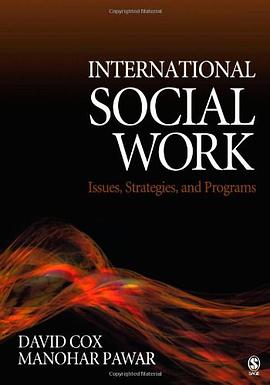

具體描述
Practicing Ethnohistory is a compendium of twenty-one essays on ethnohistorical historiography. The essays, preceded by a contextualizing introduction, are organized under the topical heads: textual historiography, positive analytic methods using nontextual physical evidence, ethnohistorical synthesis, and the ethical-contextual issues of ethnohistory. Part 1 focuses on issues such as concerns over the editing of ethnohistorical materials, the limitations of direct historical analogy in archaeology, and the use of archaeological evidence to deconstruct colonialist history when real events are obscured by the bias of historical accounts. Part 2 explores relations across space and time, covering such topics as interpreting change in Choctaw settlement patterns through analysis of narrative evidence for the early French period, GIS applications to historical maps, and the reflection of sociopolitical structure in Choctaw personal names and their historical contexts. Part 3 focuses on communication between Native peoples and European colonists and includes essays on the Mobilian lingua franca in colonial Louisiana, British negotiations with the Choctaw Confederacy in 1765, and eighteenth-century French commissions to Native chiefs. The final part discusses the ethics of ethnohistorical research. Drawing on years of ethnohistorical research in the southeastern United States, Patricia Galloway has produced an essential reader on the practice of ethnohistory. Patricia Galloway is an associate professor in the School of Information at the University of Texas at Austin. She is the author of Choctaw Genesis 1500-1700 (Nebraska 1995) and the editor of The Hernando de Soto Expedition: History, Historiography, and "Discovery" in the Southeast (Nebraska 1997).
著者簡介
圖書目錄
讀後感
評分
評分
評分
評分
用戶評價
相關圖書
本站所有內容均為互聯網搜索引擎提供的公開搜索信息,本站不存儲任何數據與內容,任何內容與數據均與本站無關,如有需要請聯繫相關搜索引擎包括但不限於百度,google,bing,sogou 等
© 2025 book.quotespace.org All Rights Reserved. 小美書屋 版权所有




















